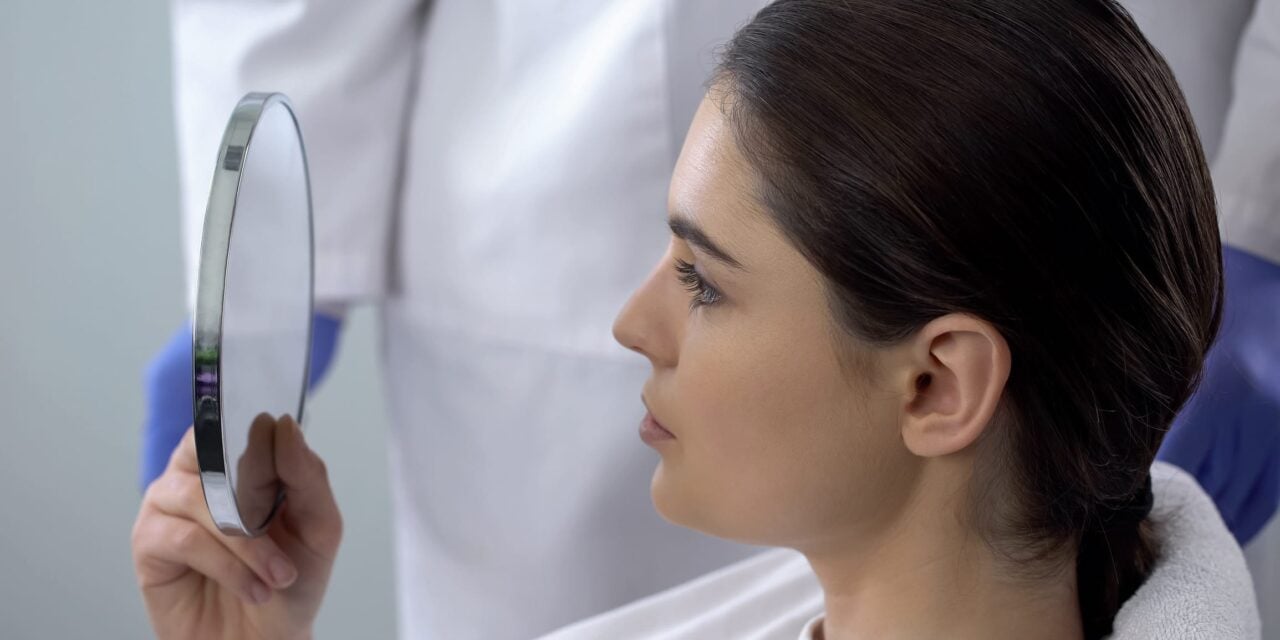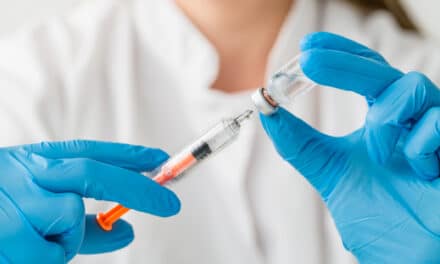New resources from the American Society of Plastic Surgeons aim to prepare patients for the emotional challenges that can accompany aesthetic procedures.
As cosmetic surgery rates in the United States climb past 1.5 million procedures annually, the American Society of Plastic Surgeons (ASPS) has launched a public education campaign aimed at helping patients navigate the emotional aspects of aesthetic surgery.
Timed to Mental Health Awareness Month, the initiative—called The Care You Deserve—emphasizes that while surgical results can be transformative, the recovery process often involves psychological ups and downs that patients should be prepared to manage.
“Aesthetic procedures can be transformative, but the journey may involve some unexpected bumps in the road,” says ASPS president Scott Hollenbeck, MD, in a release. “’The Care You Deserve’ proactively prepares patients for challenges they might encounter, empowering them with tools to better manage their recovery. Patients can achieve life-changing results through surgery, which can be enhanced by focusing on both their physical and mental well-being. Navigating the emotional ups and downs of the recovery process can be as important as keeping the bandages clean.”
The findings from a review of 37 relevant studies show, overall, the majority of patients are satisfied with their results. Plastic surgery should be approached with a healthy mindset and thorough understanding of risks and complications so patients are prepared to adapt to and grow comfortable with their new look.
“In general, there is a high level of satisfaction for elective plastic surgery operations,” says Heather R. Faulkner, MD, MPH, chair of the ASPS Patient Safety Committee. “Yet, any major life decision can be associated with a level of uncertainty. Think about all the major decisions adults make, such as buying a home, choosing a partner, deciding to leave or take a job, or moving to a new city. The decision to have elective plastic surgery is one that requires a great deal of thought and preparation. One important point is to ensure that patients have an open line of communication with their plastic surgeon about what to expect during the recovery process.”
Feelings after a procedure can range from excitement and satisfaction to uncertainty, or even anxiety, sometimes taking several weeks for these emotions to stabilize.
“Recovery from aesthetic surgery is a lengthy process, not an overnight metamorphosis,” says Michele Shermak, MD, chair of the ASPS Public Education Committee, in a release. “It’s natural for patients to experience doubts or challenges as they heal. ‘The Care You Deserve’ provides resources and guidance to help patients approach procedures with confidence and resilience, equipping them to reach their goals.”
What to expect:
- Results take time: Bruising and swelling can last weeks, disguising visible results.
- Regret early in recovery: Temporary doubts such as “why did I do this?” are common during healing.
- Rest and recovery challenges: Active individuals may struggle with movement restrictions.
- Adjustment period: Patients may need time to embrace their new look.
Empowering patients for success
Selecting a board-certified plastic surgeon who is an ASPS member can help patients get an excellent outcome. A qualified surgeon, who has participated in extensive training and ongoing medical education in the specialty, has the skills to help patients manage their expectations and support their emotional well-being.
“The Care You Deserve” e-book provides essential resources, including:
- Guidance for managing both physical and emotional recovery
- Insights for setting realistic expectations
- Steps to finding a qualified surgeon focused on patient safety and satisfaction
ID 126516889 © motortion | Dreamstime.com





